Chris Samoray
Fall 2015 Science Writing Intern

Trustworthy journalism comes at a price.
Scientists and journalists share a core belief in questioning, observing and verifying to reach the truth. Science News reports on crucial research and discovery across science disciplines. We need your financial support to make it happen – every contribution makes a difference.
All Stories by Chris Samoray
-
 Earth
EarthOcean’s plastics offer a floating fortress to a mess of microbes
Microbes take up residence on ocean plastics, potentially causing changes in ocean environments.
-
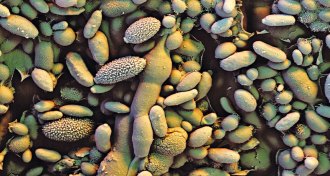 Agriculture
AgriculturePlants trick bacteria into attacking too soon
Scientists have discovered that a plant compound interferes with bacterial communication.
-
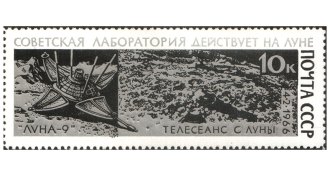 Science & Society
Science & SocietySoviets nailed first landing on moon
The first spacecraft to safely land on the moon touched down on the lunar surface in 1966.
-
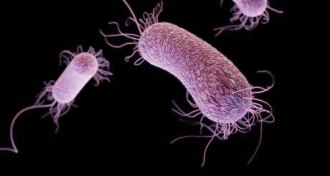 Microbes
MicrobesRandom changes in behavior speed bacteria evolution
Microbes can speed up evolution by changing phenotypes.
-
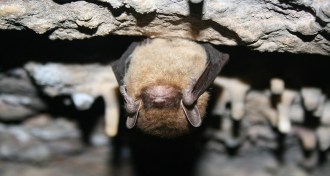 Animals
AnimalsBehavior, body size impact bats’ fight against white-nose syndrome
Behavioral and physical traits buffer some bats against white-nose syndrome while leaving others vulnerable.
-
 Paleontology
PaleontologyPlesiosaurs swam like penguins
Computer simulations of plesiosaur swimming motion may resolve long-standing debate on how the marine reptile got around.
-
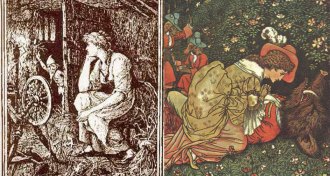 Humans
HumansNo fairy tale: Origins of some famous stories go back thousands of years
Pairing folktales with ancient languages shows that at least a few folktales originated thousands of years ago.
-
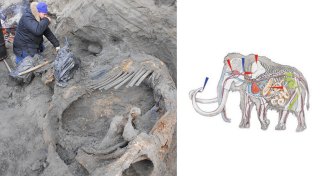 Archaeology
ArchaeologyHumans visited Arctic earlier than thought
Human weapon injuries on mammoth bones show humans were in the Arctic up to 15,000 years earlier than researchers thought.
-
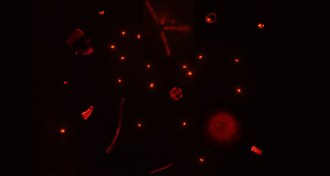 Oceans
OceansPhytoplankton flunk photosynthesis efficiency test
Nutrient-poor ocean waters make phytoplankton photosynthesis inefficient
-
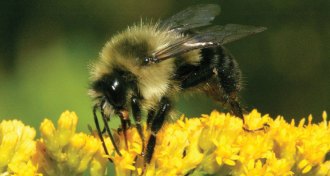 Agriculture
AgricultureNumber of wild bees drops where they’re needed most
Wild bee abundance in the United States is lowest in agricultural regions, according to a new model.
-
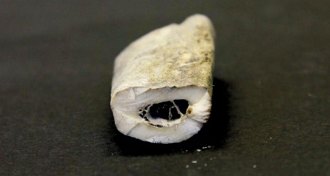 Animals
AnimalsYear in review: New dates, place proposed for dogs’ beginnings
This year’s dog research suggested older origins and a new location of domestication for man's best friend.
-
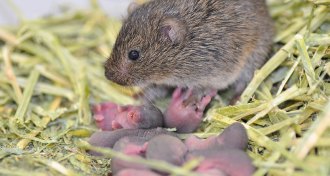 Animals
AnimalsForgetful male voles more likely to wander from mate
Poor memory linked to a hormone receptor in the brain could make male prairie voles more promiscuous.